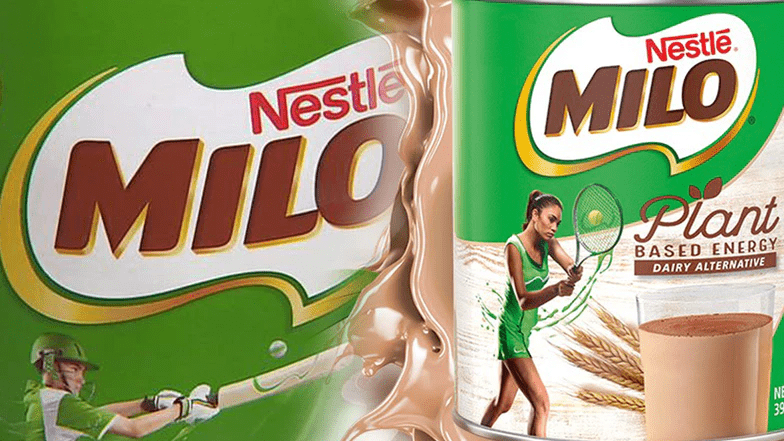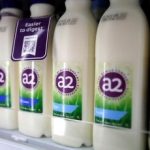
It was launched in Australia earlier this week and is expected to arrive on New Zealand’s shelves later this year.
But some vegans are less than happy, with the realisation that the recipe may not be strictly vegan after all.
Despite the prominent labelling of “vegan friendly” and a “plant-based dairy alternative”, on the back of the packaging there’s a smaller warning: “May contain traces of milk.”
While the recipe doesn’t explicitly contain milk or dairy, because it’s manufactured in the same factory as the regular recipe – which contains milk powder – it has to carry the allergen disclaimer.
“It’s not vegan if it has traces of milk, I’m really disappointed,” one woman wrote on the Milo Australia & New Zealand Facebook page.
It’s not just the vegans who are disappointed by the realisation.
“People that have allergies to milk produce still avoid foods that may contain traces of, in my experience it’s a hit or miss,” another woman wrote on Facebook.
“My son was highly reactive to milk as a little baby and yes even items that may contain traces of made him react.”
Others are less bothered, one person saying people need to relax and not feel pressure to be “pure vegan”.
“If there’s a high demand for vegan food they will make it and sell it to you,” one man wrote on Facebook.
“If you are an extremist about ‘may contain milk’ from a production line that was used, cleaned then setup to make your food, you should stop eating because everything comes from a factory even fruit and vegetables.”
To add to the confusion, the Milo website mistakenly listed “milk solids” in the recipe for the new vegan recipe for some time.
It’s since been corrected.
A spokesperson for Nestlé Oceania, the manufacturer of Milo, said in a statement to 1 NEWS: “While MILO Plant Based does not contain dairy based ingredients, we label on the can that ‘it may contain milk’ as it is produced in the same factory as original MILO.
“In line with recognised Vegan Certification Standards, processes are in place to minimise any risk of cross contamination. As a precaution, we label that the product may contain milk, which is aligned with industry best practise, so that allergic consumers can make an informed choice.”

























